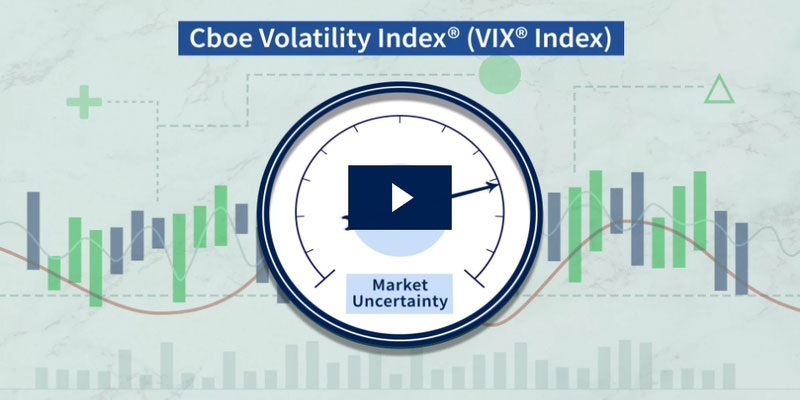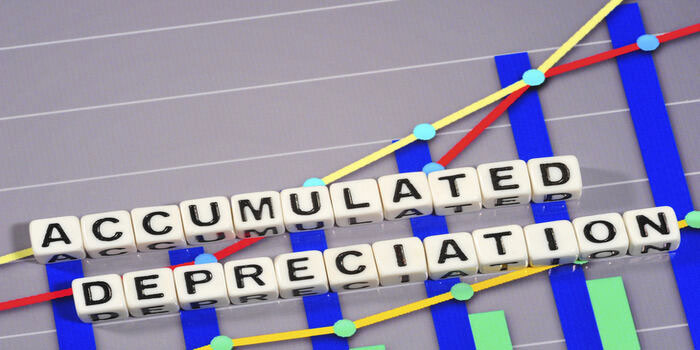All About Test Driving of a Car
The test drive is the defining moment in the car-buying process. Customers rarely buy a car without first taking it for a test drive. According to Cox Automotive, more than half of all automobile buyers purchase their first test drive vehicle.
Unfortunately, you can't always rely on that being a good plan. Car dealerships assume that if you're ready to take a test drive, you've already done a significant amount of homework on the make and model you're interested in. You've done your research and know the going rate for various models. A test drive isn't something you're going into the dark about.
The only catch is that you're essentially flying blind. When you go inside a vehicle dealership, the game rules completely shift. You were doing a market analysis of the entire automobile industry as you perused the various online possibilities. Perhaps you considered reliability ratings, consumer reviews, and resale prices. That's why it's important to know all that. The real issue, however, arises during a test drive:
This Is What Most Car Lots Don't Want You to Know

When purchasing a used vehicle, we at Apple Autos feel it is important for you to have all the facts. We tag all previously owned vehicles in stock, not just the CPO models. To be clear, we do this because our approach to business is unique. We don't use the typical commission structure used by car lots to maximise profits. If you buy a luxury or compact car from us, our salespeople get paid the same. They are not financially motivated to steer you away from the best vehicle for your needs.
In reality, we have designed our system so that errors are punished. The used cars we sell come with a no-questions-asked 30-day exchange policy. If you change your mind for any reason, you can return the automobile and put the money toward purchasing another vehicle on our lot.
We hope you find all vehicle dealerships as trustworthy and open as this. Sadly, the vast majority of people don't. But because you only deserve the finest, we compiled a list of the most critical items our mechanics and auto specialists look for during an inspection. To what do they direct their gaze and ears? How do you think they strive to spot the most important red flags?
Preparing for the Test Drive: Essentials You Can't Ignore
Taking a vehicle for a test drive isn't just about getting behind the wheel. Interestingly enough, and I know this will not sound very interesting, it all begins at the salesperson's workstation.
Inquire about the records of refurbishment. This is a rundown of the dealership's post-purchase modifications to the vehicle. What is the big deal, anyway? For starters, it provides you with a checklist of items for which you should keep an eye out when behind the wheel. Can you describe the softness of the new suspension?
What's the deal with the grabby brakes? A dealership's lack of service records should raise even greater concerns. A standard oil change with new lubrication and filter should have been performed. According to Apple Ford Shakopee's general manager, "some dealers just don't test their cars," Ryan Huffman. They wash the car and put it on the lot," one customer said of the dealership's practice of accepting trade-ins. Not something you'd want to take in on trade.
Inquire about the car's history by requesting a copy of the vehicle's title. Checking the vehicle's history with a service like AutoCheck or CarFax is essential. Huffman said this feature would reveal if the vehicle has been in any collisions. Minor scrapes and dings might not be a huge concern, but if you need a tow truck, you should think twice.
Pre-Test Drive Visual Inspection Guidelines

After signing the papers, the next step is to examine the vehicle. Even if you've spent a lot of time looking at the car on the lot, you should still give it a complete visual inspection before buying it. Methodically proceed by doing the following:
See if the tyres have enough tread. Tire tread depth is sometimes overlooked when purchasing a used car. That's a really bad idea. Replacing the tyres every 5,000 miles or so is like putting an extra $700 on the car's sticker price. Anyone may check tire wear; no special knowledge is required. Put a coin in the tire's tread grooves to see if the tread is deep enough. If you can see Abe Lincoln's head when you look at the tyre, it probably doesn't have much life left.
What Else Should You Verify Before Taking a Test Drive? After you've looked around the outside of the car, you're practically good to go. To get into the car, open the door. That which you should recognise at once? That odour. You might be able to tell if the prior owner smoked a lot. Would that make you lose your mind? Whether or not there is a musty odour is even more crucial. If so, it might mean the car was submerged in water, which is not what you want to hear. Even though the automobile smells OK, you should still read this before you press the gas.







